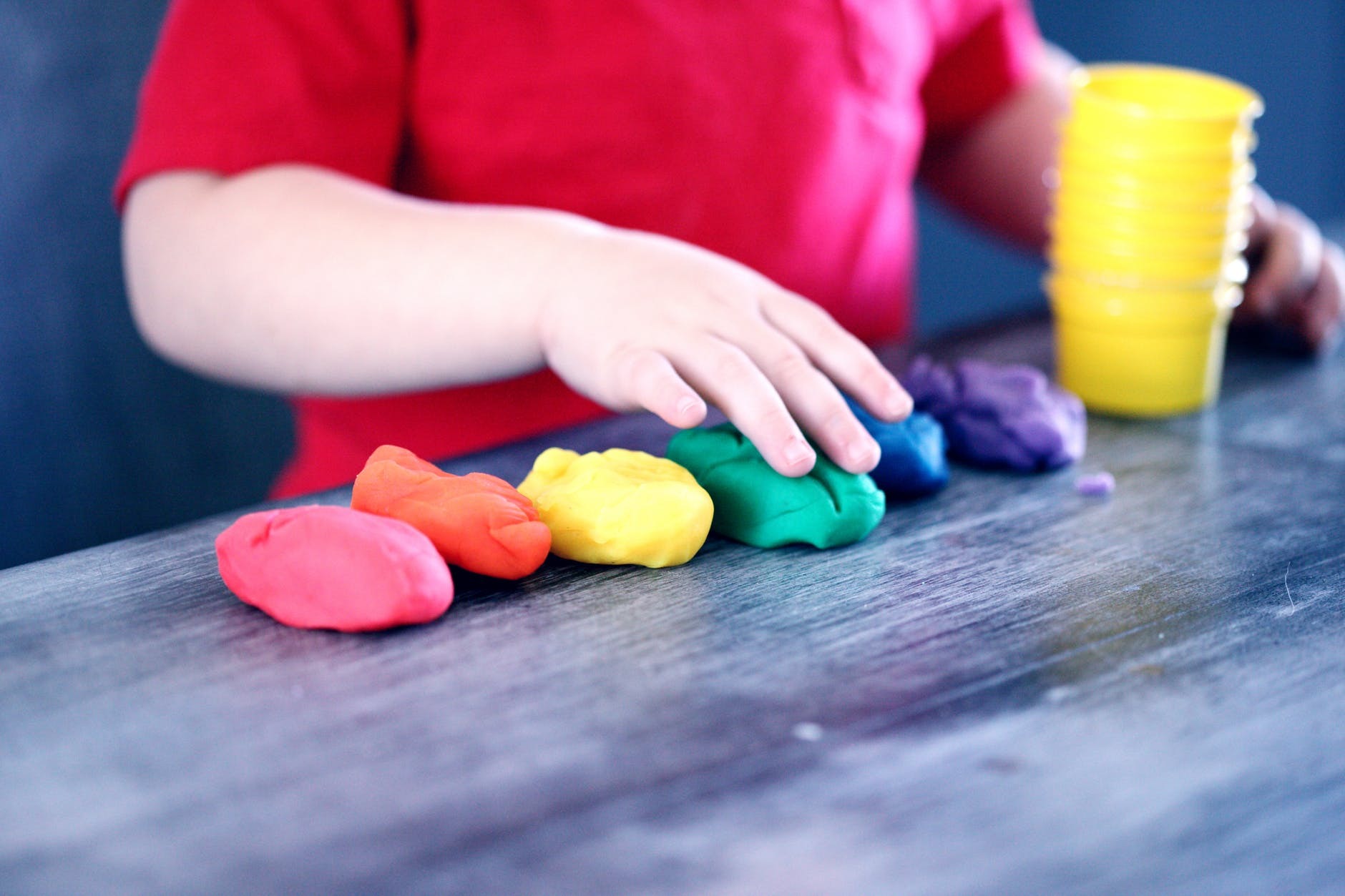Early years
We’re working to support early development and school-readiness for children in families experiencing poverty. This is one of the most important things we can do to minimise disadvantage across generations.

There is a well-known link between childhood vulnerability and lifelong disadvantage.
A well-designed early childhood system can actively prevent and address vulnerabilities in early childhood before they accumulate and escalate over a person's life course.
Our research informs BSL’s practice and policy development with strategies that support children and families in overcoming the impacts of poverty.
Find all recent publications on Early years (2000–present)
Visit the BSL library for our prior research on Early years (pre 2000)
• Boost support to build the capacity of parents as first teachers and strengthen the home learning environment.
• Extend universal preschool access to the two years before school across Australia, prioritising communities and children experiencing disadvantage.
• Increase participation of children from low socioeconomic backgrounds and vulnerable groups in early learning. Strengthen access and equity measures and expand the base entitlement for Early Learning & Care.
• Invest in multi-generation approaches to tackle child and family disadvantage. Extend place-based models that align education, employment, health and wellbeing support for children and their families.
External publication (with Victorian Department of Education and Training)
Australian Council for Educational Research and BSL 2018, Early years transitions: supporting children and families at risk of experiencing vulnerability – rapid literature review
Selected publications
The most comprehensive study to date has investigated the impact of the Home Interaction Program for Parents and Youngsters (HIPPY) on the Australian children and parents who take part.
Read reportBy enlisting and supporting parents as tutors, the Home Interaction Program for Parents and Youngsters (HIPPY) creates a transitional labour market that helps these parents develop their goals and improve their job opportunities.
Read reportRelated projects

This national longitudinal study examines the outcomes for over 600 children and families who took part in HIPPY between 2016 and 2018.
Learn moreLooking for services related to early years?

Our approach to working with people with disability focuses on building a sense of wellbeing and autonomy. We recognise the importance of family, friends, carers and community.
Learn more